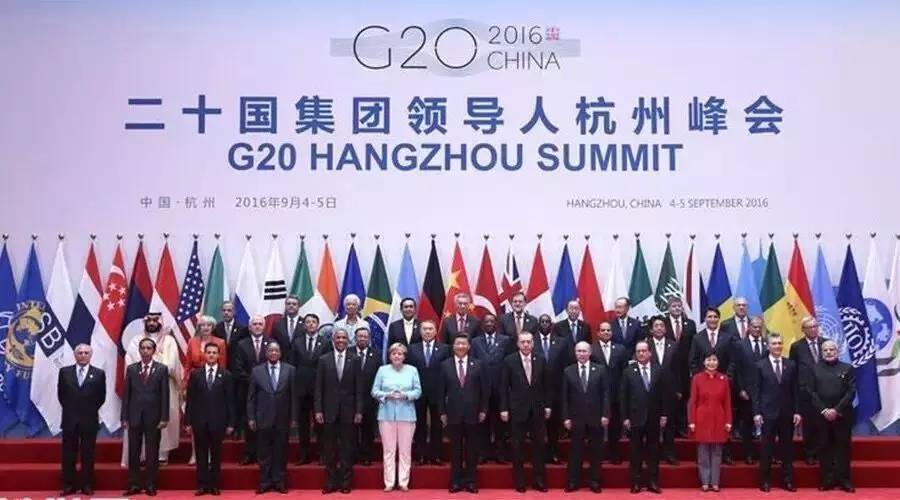Last month, leaders of the G20 gathered in Hangzhou, China, for its eleventh annual meeting and a Communiqué has since been released. As the first ever G20 summit to be hosted in China and only the second Asian host country, China drew upon its status as a developing nation to bring the themes of development and inclusiveness to the forefront. This ensured that infrastructure received prominence in the discussions, as a vital component of survival, growth and prosperity.
CoST welcomes this focus on infrastructure, especially in light of a global infrastructure investment gap that is approaching US$1 trillion each year. However though we support the commitment to promoting “investment with focus on infrastructure in terms of both quantity and quality”, we believe there is not significant recognition of the role of good governance in realising these ambitions of greater investment.
It is currently estimated that between 10% and 30% of investment in infrastructure could be lost through corruption. Our experience at CoST suggests that a similar amount could be wasted through mismanagement and inefficiency. With the value of global investment expected to increase by close to 4% per annum, this means that we could see up to US$5 trillion lost annually by 2030. Though greater investment in infrastructure targets one problem of the investment gap, it compounds another problem of the mismanagement of resources.
Petter Matthews, Executive Director of CoST, said: “The G20 Leaders outline quality infrastructure investment as ‘economic efficiency in view of life-cycle cost, safety, resilience against natural disaster, job creation, capacity building, and transfer of expertise and know-how on mutually agreed terms and conditions’. We believe that economic efficiency also relies on providing transparent and accountable public infrastructure investment. Poor governance, mismanagement and corruption reduce the quality of any investment.”
The G20 Leaders’ commitments to work with existing and new MDBs, support the enabling environment for infrastructure investment in developing countries and catalyse private resources are encouraging. CoST can provide support in strengthening these stakeholder relationships through greater transparency and accountability. We are already working with 15 governments to help deliver better value from public infrastructure investment and would welcome a collaboration with the G20 and its members. As the global leaders, the G20 should join the call for a culture of transparency in public infrastructure investment so that ambitions of greater investment can become achievements.
